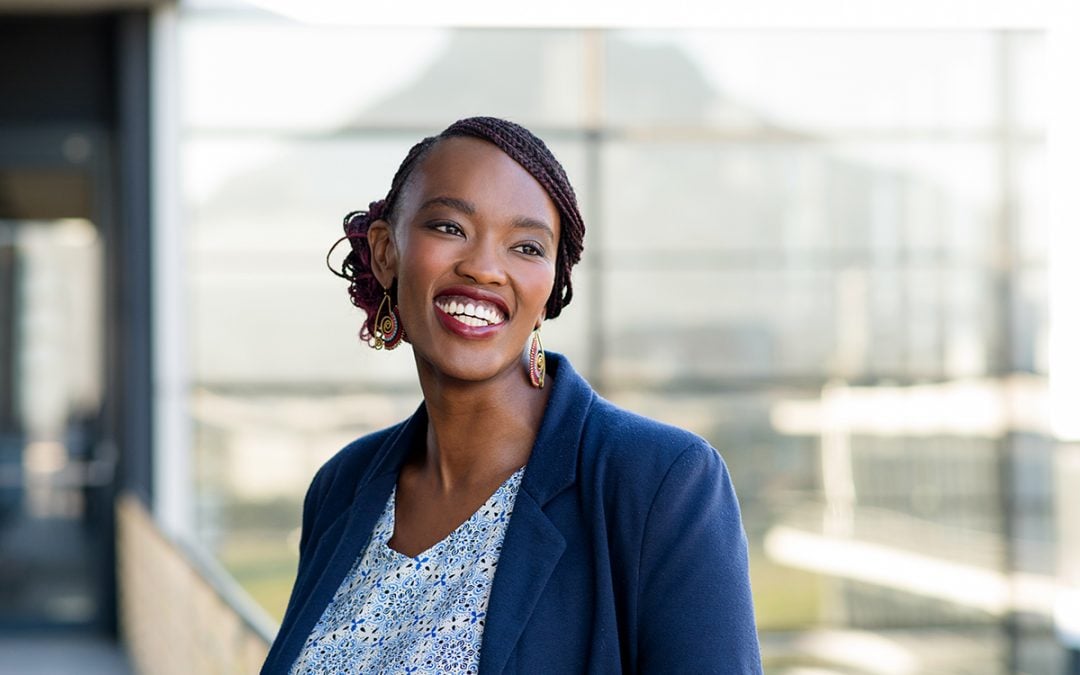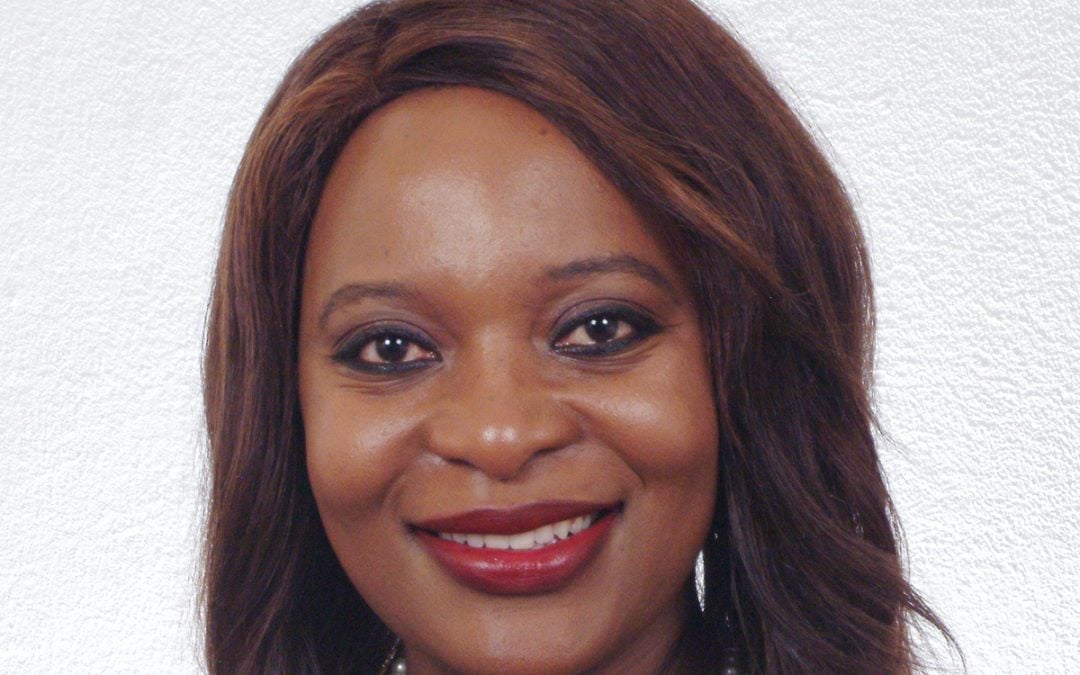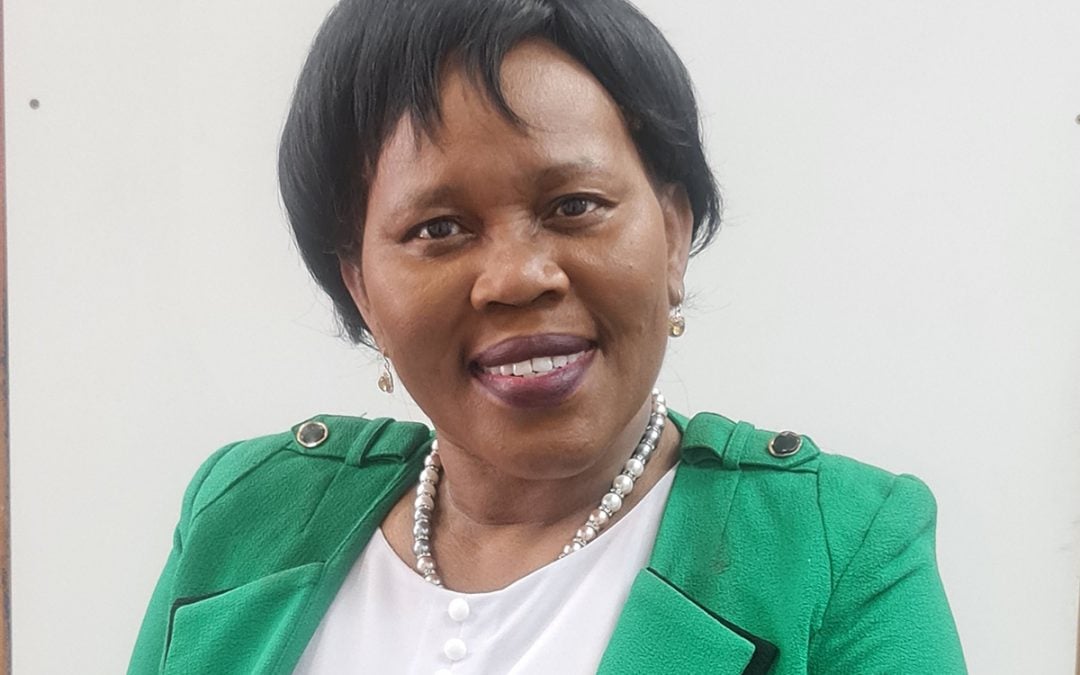The highly accomplished Dr Sadna Balton is talking about what most of us take for granted — the ability to communicate.
For the most part, we go through life not appreciating how natural it is for us to be able to speak, to hear and to be understood. Balton sees the ability to communicate as a basic human right.
She is a champion for those who struggle to be heard, and treats children with a range of disorders that span cerebral palsy, autism, Down’s syndrome and developmental delay. “Healthcare is not just about saving lives. It’s about wellbeing, quality of life and function. It’s about getting people back into their jobs, little ones back into school.”
Balton’s commitment to preserving human dignity expands beyond the hospital. A keen advocate for community upliftment projects, she pioneered the Care-giver Child Programme, which enables caregivers to access learning about early childhood development. Treatment with adult patients, too, is extensive, with research into the variety of factors that may impede hearing or motor co-ordination.
No biography of Balton’s would be complete without her shout-out to “Bara”. Formative to her experience as a caregiver is her relationship to Chris Hani Baragwanath Academic Hospital, with which she has become synonymous. Since entering a department of just six people in 1991, she has successfully grown the department to a staff of 40 professionals in the fields of speech therapy.
The department of speech therapy and audiology at Baragwanath is the largest and most successful of its kind in the country. Her years in its service have created a rich tapestry of events. “There are so many special Bara memories — those of us who have been at Bara for a while often say that it has a heart and soul of its own…” Care is not just for patients, though, she observes. It is also for each other. Birthdays, weddings, graduations: all are celebrated, with a devotion that “borders on family”.
There are the little moments too, where small things seem huge. Notably, Baragwanath was the first state-funded cochlear implant site, where a modest feat — the implanting of 100 cochlear implants — felt “momentous”. This was in fact an unprecedented milestone in the local public sector.
Recently, Balton opened herself up to scrutiny when she openly shared her journey of recovery from Covid-19 online. She immediately felt the effect of a strong stigma associated with the virus, which piqued her interest as a doctor.
She was able to reflect on this culture of silence in a public forum, where she reported revealing instances of people speaking up, opening up a broader conversation about public health, stigma and mental health. “We need to keep telling our stories to change perceptions.”
Her advice for young women considering a profession in public health is: “Stay true to yourself. Don’t be afraid to fight for what you want. Nurture people. This path is a collective journey.”
“Providing access to communication is our primary goal.”




























